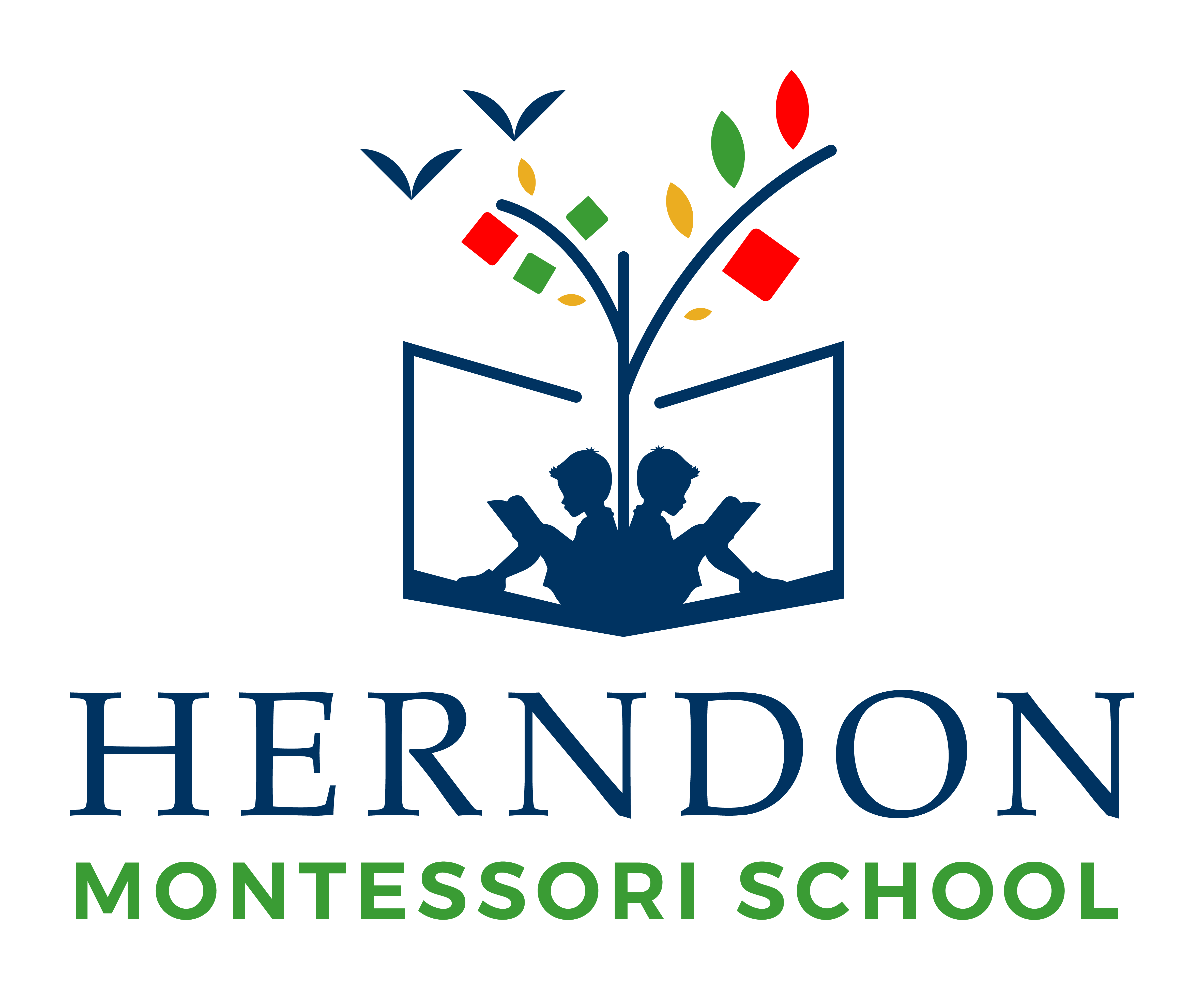Choosing the right preschool is one of the most important decisions parents make for their children. With its proven track record, Montessori education is a popular choice for fostering strong foundations in child development. Designed to nurture independence, creativity, and a love of learning, Montessori offers unparalleled benefits for young learners.
- Nurturing independence
Montessori classrooms are intentionally structured to promote independence. From an early age, children are encouraged to choose activities, work at their own pace, and solve problems independently. These experiences help children develop self-confidence and critical thinking skills, which are essential for lifelong success.
In contrast to traditional preschools, Montessori emphasizes learning through exploration, allowing children to take ownership of their learning journey. This fosters a sense of autonomy and self-discipline that benefits them throughout their lives.
For parents, the emphasis on independence means that their children learn practical life skills alongside academic ones. Whether it’s pouring water, tying shoelaces, or organizing their workspace, Montessori students gain skills that contribute to their sense of competence and self-worth.
- Individualized learning
Every child is unique, and Montessori education recognizes this by tailoring lessons to each child’s developmental stage and interests. Teachers observe students closely, introducing challenges that match their readiness.
This personalized approach helps children thrive academically, socially, and emotionally. Parents looking for a preschool that respects their child’s individuality often find that Montessori meets and exceeds expectations.
For parents, this individualized focus offers reassurance that their child’s specific needs are being addressed. It’s not just about academic growth; Montessori fosters a balanced development of emotional and social skills, creating well-rounded individuals.
- Enhanced Cognitive Development
Montessori classrooms use hands-on materials designed to build a child’s understanding of core concepts. For example, counting beads introduce mathematical thinking, while practical life activities improve fine motor skills. These activities strengthen cognitive abilities, making Montessori an excellent foundation for future learning.
Research shows that early exposure to sensory based materials enhances brain development. Montessori preschools set children up for academic excellence by providing these rich learning experiences.
Moreover, the Montessori method encourages children to explore topics that ignite their curiosity. This leads to deeper engagement and retention of knowledge. By building a love for learning early on, Montessori sets the stage for a lifetime of intellectual curiosity.
- Social-Emotional Growth
Montessori education fosters collaboration and respect among children. Mixed-age classrooms encourage older children to mentor younger peers, building empathy and leadership skills. Meanwhile, younger children gain confidence by observing and learning from older classmates.
This unique dynamic creates a supportive community where children develop essential social skills, emotional intelligence, and a sense of belonging. The emphasis on respect extends beyond peer interactions to include care for their environment and materials, promoting responsibility and mindfulness.
Conclusion
For parents seeking a preschool that nurtures the whole child, Montessori education offers a proven approach to child development. By fostering independence, tailoring learning to individual needs, and enhancing cognitive and social-emotional skills, Montessori provides a solid foundation for success in school and beyond.
Choosing Montessori is more than just selecting a preschool- it is embracing a philosophy that celebrates your child’s individuality and potential. Give your child the gift of a Montessori education and watch them flouring into confident, capable, and compassionate individuals ready to take on the world.

